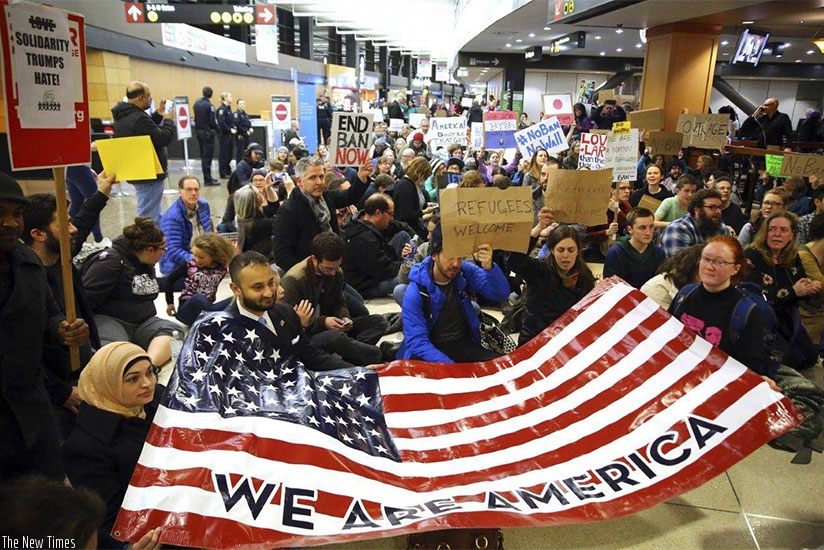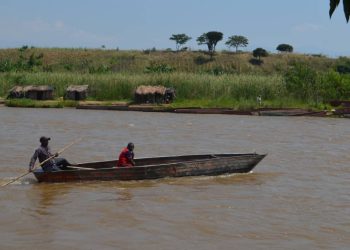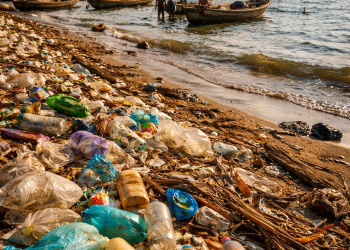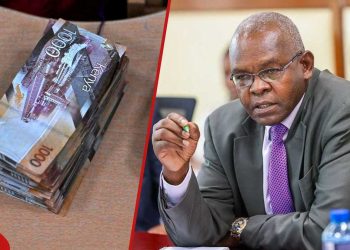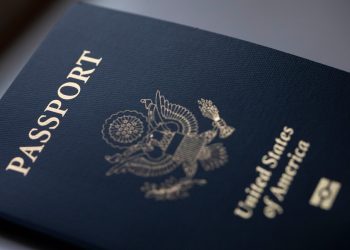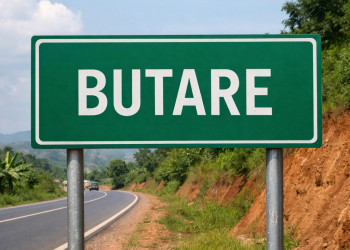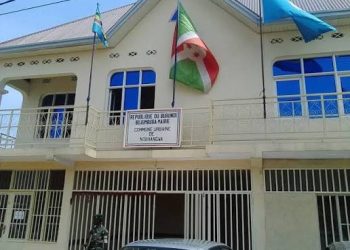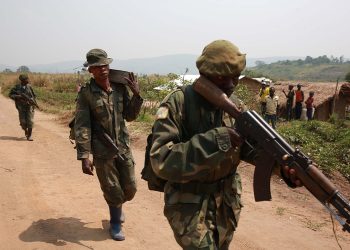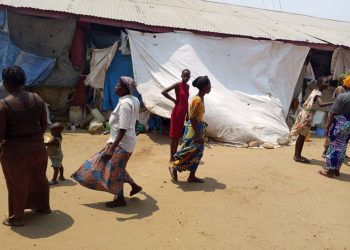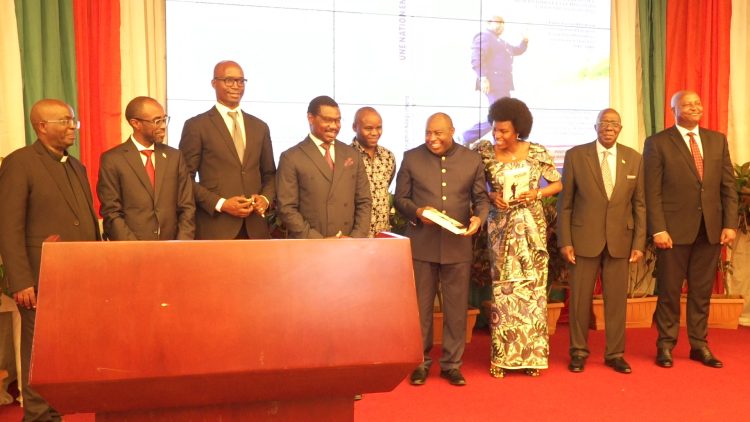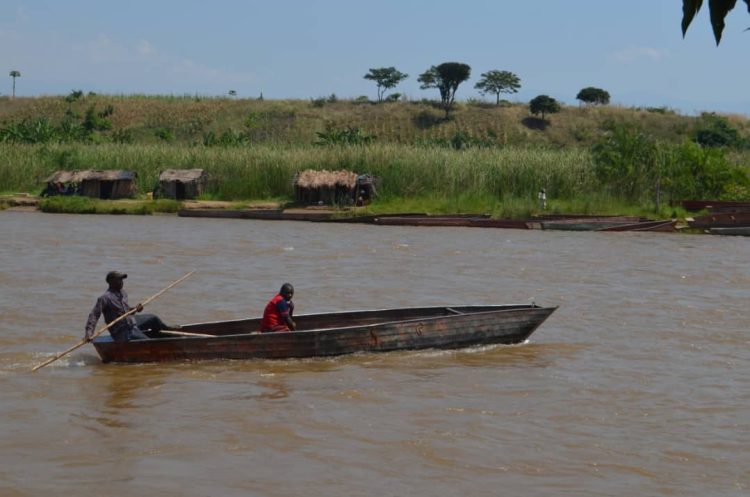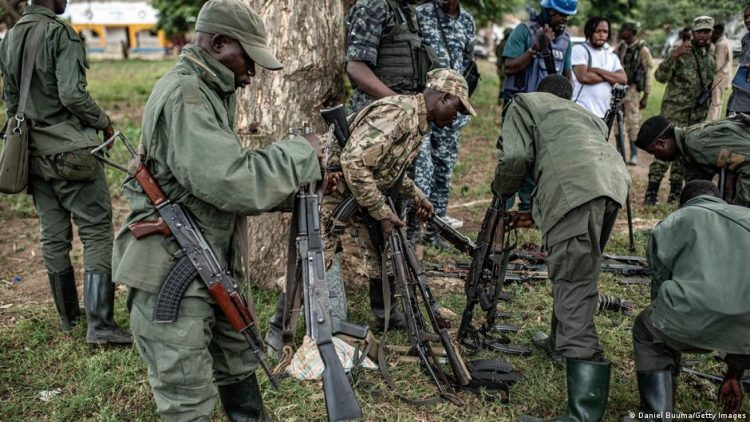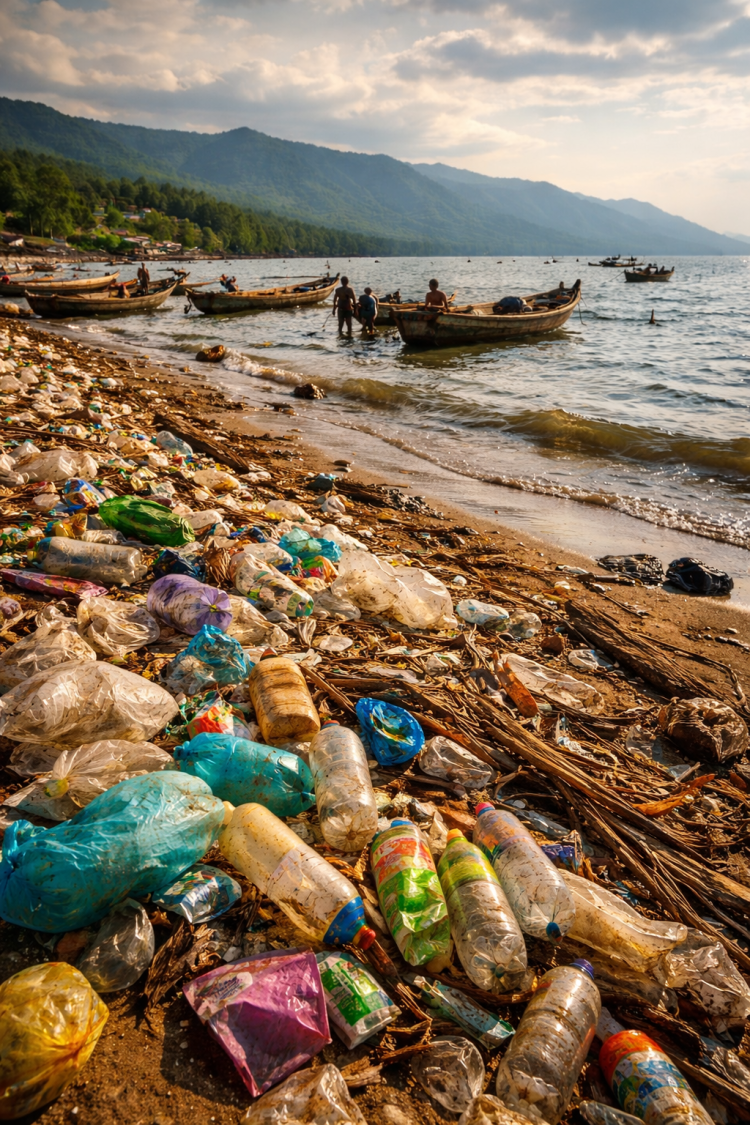Ambiguity reigned Sunday as to the finer details of Donald Trump’s temporary ban on incoming refugees and travelers from seven Muslim countries, with questions remaining about how exactly the measures affect various populations.
The order initially took many travelers by surprise, especially those already aboard airplanes en route to the United States as the president signed the measure into force on Friday afternoon.
Administration officials reported that 109 people had been detained as they arrived in the United States on Saturday, of which “a couple dozen” individuals were still being held as of Sunday morning.
Refugees
The decree prohibits entry to all refugees, regardless of nationality, for 120 days. Beyond that time, the United States will admit a maximum of 50,000 refugees in 2017, more than halving the 110,000-person limit set by former president Barack Obama.
The US refugee program was previously frozen for three months following the September 11 attack in 2001.
Syrians
All Syrians, refugee or otherwise, are forbidden from entering the United States until further notice.
According to the United Nations High Commissioner for Refugees, the Syrian war has forced 4.8 million people to flee the country since 2011.
The Syrian Observatory for Human Rights said in December it had recorded the deaths of 312,001 people since the conflict began with anti-government protests in March 2011.
Iran, Iraq, Yemen, Somalia, Sudan and Libya
No visas will be issued for 90 days to migrants or visitors from seven mainly Muslim countries: Iran, Iraq, Libya, Somalia, Sudan, Syria and Yemen.
Green card holders
The decree does not affect those who hold a US green card. Secretary of Homeland Security John Kelly declared the entry of lawful permanent residents to be “in the national interest.”
However, White House Chief of Staff Reince Priebus said that nationals from the seven countries named in the order should expect to be subject to increased border controls.
Visa holders
All visa holders coming from the seven specified countries are subject to the new order, with the exception of those who hold diplomatic visas or visas to international institutions such as NATO or the United Nations.
Judges in at least four states have blocked part of the ban, ordering authorities to stop deporting refugees and other travelers stuck at US airports.
Bi-nationals
The situation for individuals with dual nationality remains complex. US officials said Saturday that American citizens who also have a passport from one of the seven barred countries are not affected by the order.
An exemption is also granted to dual nationals holding British and Canadian passports.
Britain said its nationals would not be subject to additional checks unless they traveled directly to the US from one of the listed countries.
But dual nationals who hold passports from one of the seven countries plus an additional foreign country will not be able to gain entrance.
Newtimes

